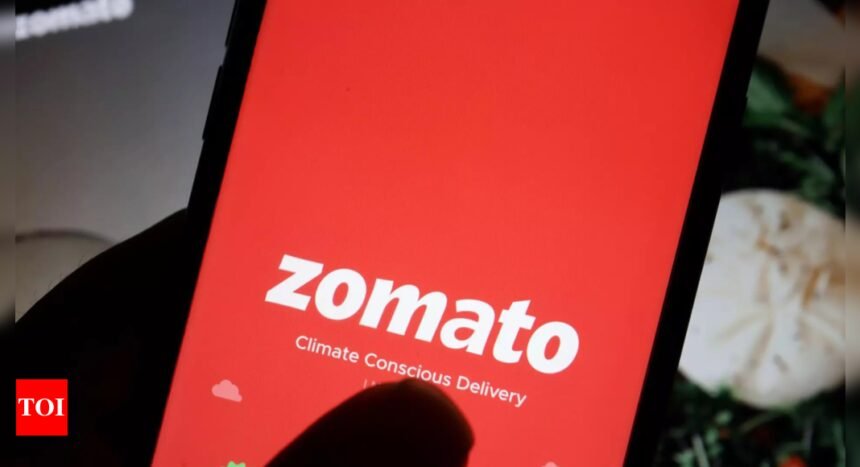NEW DELHI: Online food delivery platform Zomato said it has received a service tax demand and penalty order aggregating over Rs 184 crore, and will file an appeal against it before an appropriate authority. The demand order has been received for non-payment of service tax for the period October 2014 to June 2017 determined on the basis of certain sales made by the foreign subsidiaries and branches of the company to its customers located outside India, the company said in a late night regulatory filing.
The company also mentioned that in its response to the show cause notice it had clarified on the allegations along with supporting documents and judicial precedents, “which appears to not have been appreciated by the authorities while passing the order.”
Subsequently, the company said it received the order passed by the Delhi Central Tax Commissioner (Adjudication) on April 1.
“The company has received an order for the period October 2014 to June 2017 passed by the Commissioner, Adjudication, Central Tax, Delhi raising demand of service tax of Rs 92,09,90,306, along with applicable interest (not quantified) and penalty of Rs 92,09,90,306,” Zomato said.
The company said it will be filing an appeal against the order before an appropriate authority as it believes it has a “strong case on merits”.
The company also mentioned that in its response to the show cause notice it had clarified on the allegations along with supporting documents and judicial precedents, “which appears to not have been appreciated by the authorities while passing the order.”
Subsequently, the company said it received the order passed by the Delhi Central Tax Commissioner (Adjudication) on April 1.
“The company has received an order for the period October 2014 to June 2017 passed by the Commissioner, Adjudication, Central Tax, Delhi raising demand of service tax of Rs 92,09,90,306, along with applicable interest (not quantified) and penalty of Rs 92,09,90,306,” Zomato said.
The company said it will be filing an appeal against the order before an appropriate authority as it believes it has a “strong case on merits”.









